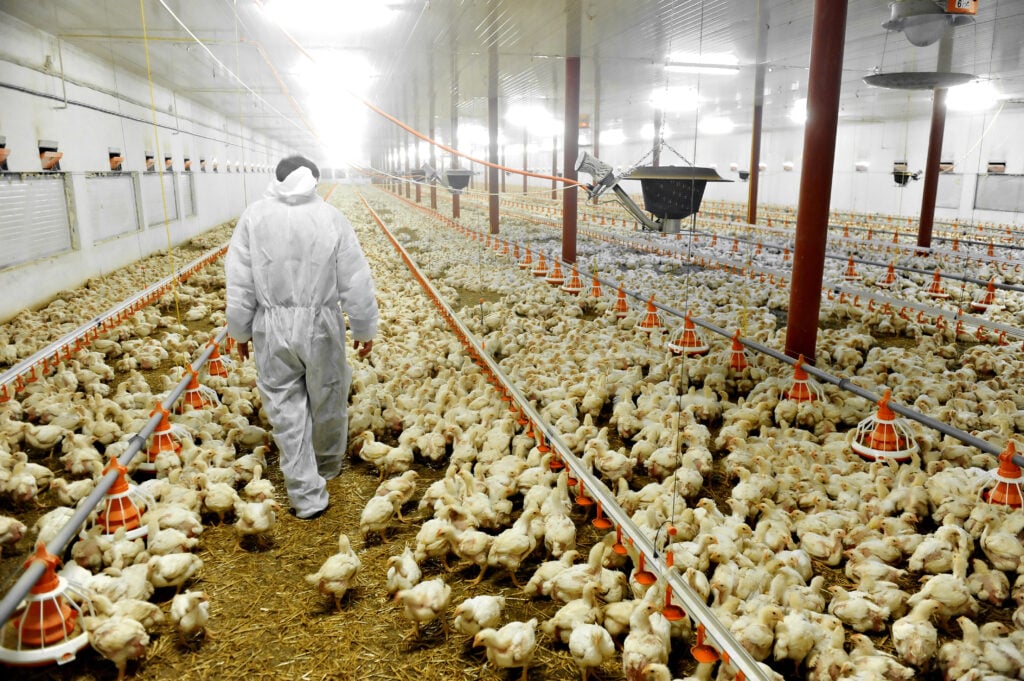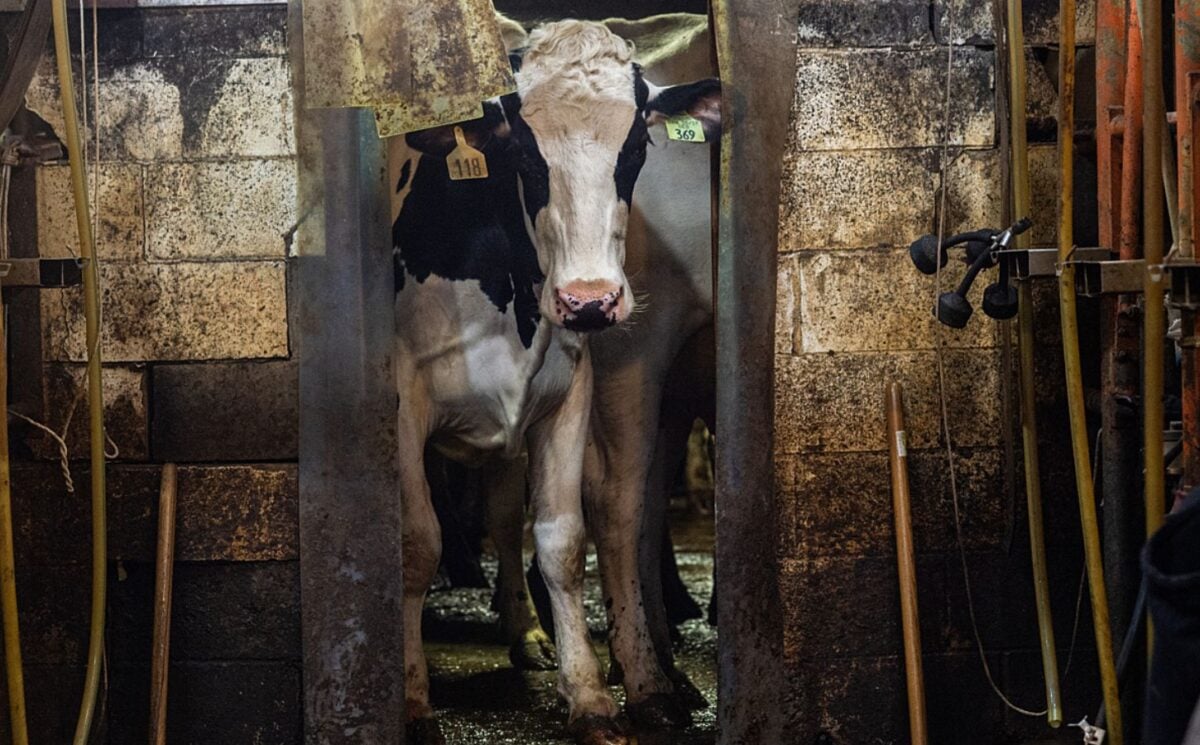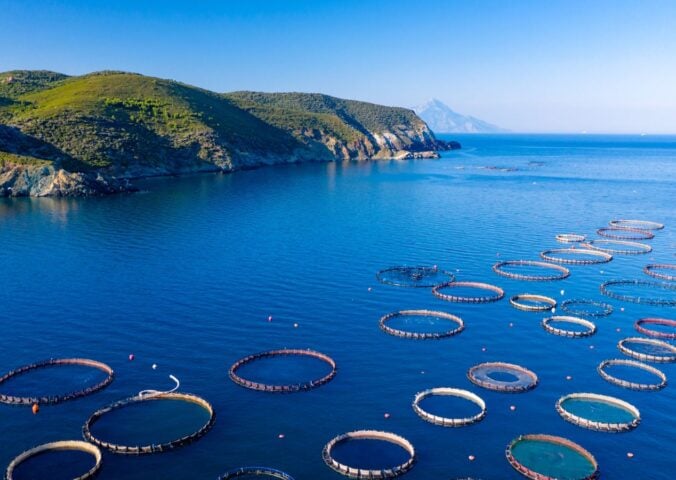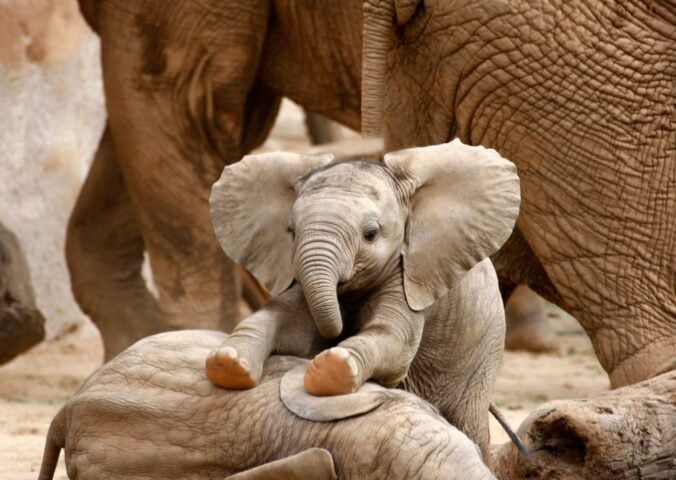Bird flu has been detected in dairy cows for the first time, the US Department of Agriculture (USDA) has announced. A farm worker has also become infected.
Milk samples from cows on farms in Texas and Kansas tested positive for the H5N1 strain of the virus. The samples were collected for testing after farmers reported that some cows had become ill. They also reported that they had found dead wild birds on their properties.
The H5N1 strain is deadly for birds, but none of the cows have died so far. They are the latest in a number of mammal species to have become infected as avian flu rages around the world.
How are cows affected
The USDA has said that the cows seem to have caught the virus from wild birds, but it isn’t clear how transmission occurred. Contamination of water or food on the farms by bird faeces or saliva is one possibility. The USDA is conducting further tests.
The infected cows have displayed flu-like symptoms. These include fever and thick and discolored milk, as well as a drop in how much milk they could produce. Any contaminated milk will be destroyed, while pasteurization would kill any virus that managed to enter the food chain.
“Unlike affected poultry, I foresee there will be no need to depopulate dairy herds,” Texas Agriculture Commissioner Sid Miller said in a statement. “Cattle are expected to fully recover.”
The dairy worker who caught the virus has displayed mild symptoms, mainly conjunctivitis. They are being treated with antiviral medication, according to the Texas Department of State Health Services (DSHS). They are only the second person in the US to ever catch bird flu.
Transmission between species

Bird flu has affected millions of birds and jumped to 48 mammal species. Infected mammals, which include sea lions, foxes, otters, and bears, are most likely to have caught it from eating dead and infected birds.
The virus has reached even far flung locations. In late 2023, penguins in the Antarctic tested positive for H5N1. Though they were not showing symptoms and are still healthy, experts have warned they could spread the disease to other species on the continent.
The risk of humans catching bird flu is low since there is no evidence of human-to-human transmission. The main route for infection being close contact with infected birds. Globally, several people, including workers on chicken farms, have contracted various strains of bird flu. Some have died as a result. Infectious diseases experts warn that every transmission to mammals gives the virus a chance to mutate into a strain that could more easily jump to humans.
Wild birds not to blame
While wild birds have helped to transmit the virus around the globe as they migrate vast distances, they are not to blame for its lethalness.
The H5N1 strain is “highly pathogenic” – meaning, deadly – compared to low pathogenic strains that naturally and mostly harmlessly circulate in wild bird populations. H5N1 was first detected on a goose farm in China in 1996 and reappeared on poultry farms in Hong Kong in 1997. Experts believe that the growth of intensive poultry farming have helped to H5N1 and other bird flu strains spillover to wild birds.
Since bird flu began surging globally in 2021, hundreds of millions of farmed birds have been culled in a bid to contain the virus. The culling process itself can be extremely cruel; in the US, an increasingly common method is ventilation shutdown. This suffocates and essentially roasts the animals to death. Millions of wild birds have died horrible deaths from the virus, which can cause respiratory difficulties, diarrhea, and swelling in the head.






